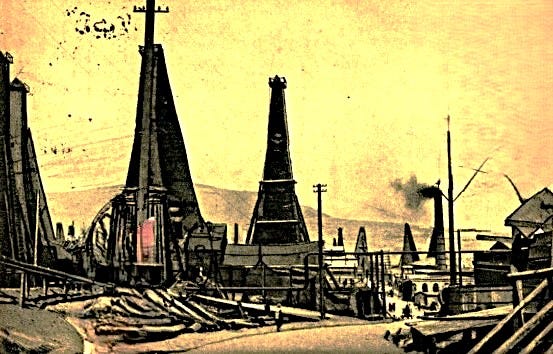
July 1, 1942.
Summary:
First week of July 1942, recipients of Leaflets of the White Rose begin turning them over to Gestapo headquarters in Munich. Robert Mohr is assigned to the case. He cannot determine authorship of the leaflets, but he starts a file.
Reception to the first two leaflets is mixed. Georg Schwarz hands his copies over to the Gestapo and tells Hans Scholl he has done so. Werner Bergengruen and his wife type and mail leaflets, with Bergengruen depositing them in as many different mailboxes as possible.
Manfred Eickemeyer is pleased that Alex used his data about murders in Poland, but he tells Hans Scholl they should have been more specific and included damning facts.
Willi Graf begins his July with a good conversation with his friend Adalbert Grundel (Bertl), but is surprised that a frank discussion leaves him unsettled.
News from the Russian front - that Germany has taken Sevastopol - disturbs friends in the circle. They love their country, but they cannot reconcile that with their desire that Germany will lose the war.
Werner Scholl is now on the Eastern Front, while his best friend Otl Aicher is part of Hitler’s Operation Blue, out to capture oilfields of Baku. Otl feels immense personal guilt as they move through battlegrounds where he sees wheat fields, horses, vehicles, and cadavers flattened thin as paper by German tanks. It is as if he has sinned. He decides to memorize every face and remember what he is seeing. [In 2024, Baku is in Azerbaijan.]
The Russian military is ready for their assault and traps Otl’s unit in an area from which a hasty retreat is impossible. Otl muses that they are not “retreating.” Rather, they are “turning around,” since Hitler’s army does not retreat.
Why This Matters:
The politics of oil. Enough said.
The four students - Hans Scholl, Sophie Scholl, Alexander Schmorell, and Christoph Probst - kept working, even though they saw no results and received little positive feedback. Their desire to overcome injustice exceeded their discouragement.
What do you do when you are working for social justice and see little to no change resulting from your efforts? At what point should you tweak your work - as Manfred Eickemeyer suggested they become more specific and present more facts - and at what point do you simply carry on?
This applies to more than social justice, that is, political causes. It’s equally at home in business ethics, how you treat your neighbors, or caregiving for a loved one with dementia.
What other applications do you see for the notion of “keep going” in your life?
White Rose History, Volume II, pages 94-96.
Notes and references available only to paid subscribers.
Listen to this episode with a 7-day free trial
Subscribe to Why This Matters to listen to this post and get 7 days of free access to the full post archives.












